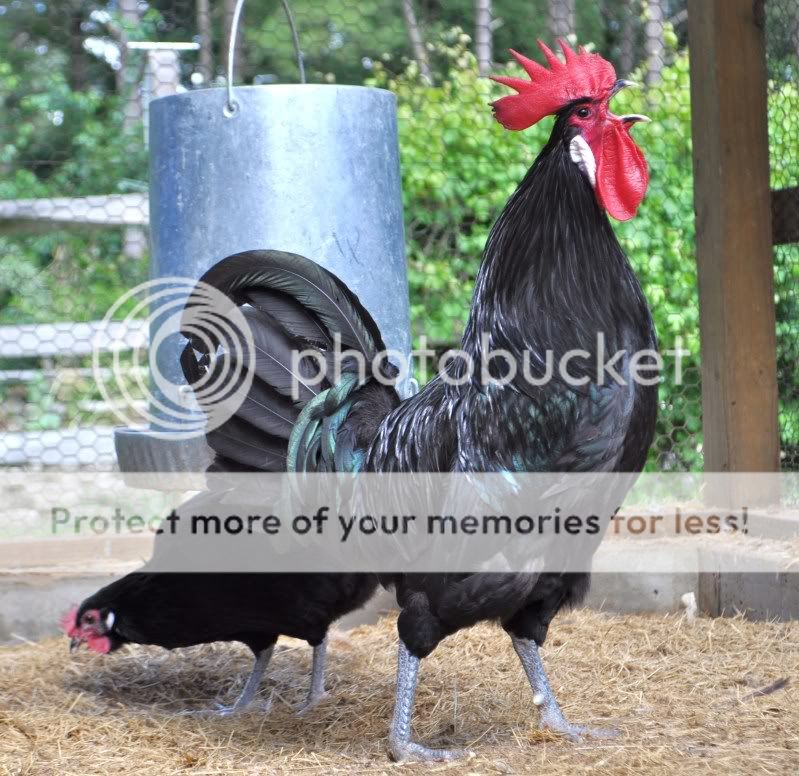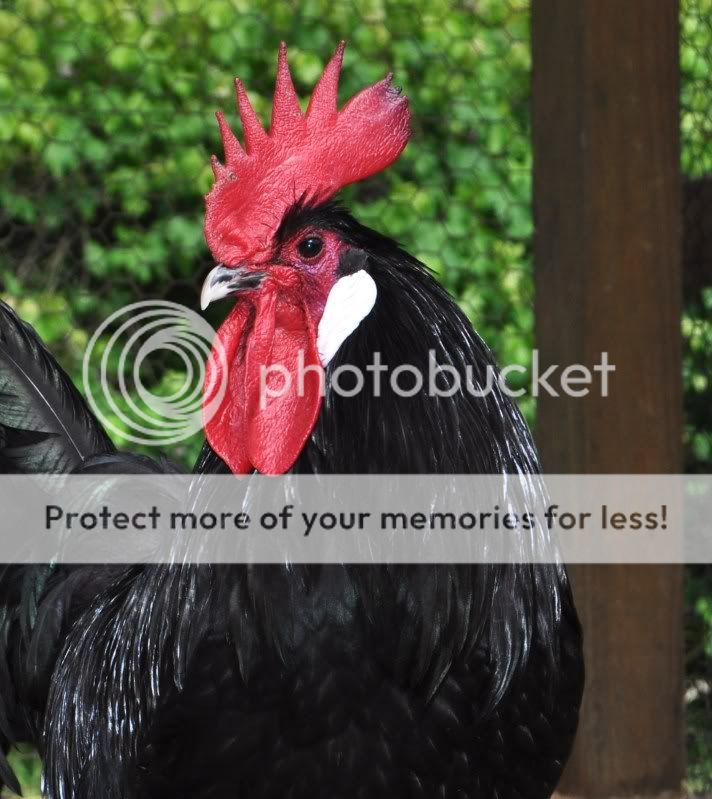Hi, I am new to this site, I was reading all your comments on Gauloise chickens, I hatched 6 eggs which I purchased from
ebay. they all hatched and now have 2 roosters and 4 hens. they are now 14 Weeks old and enormous. The roosters started crowing 3 weeks ago, and upset the neighbours
I decided that my 12 year old daughter should be given the choice to make some pocket money from selling the eggs locally and we would sell fertilized eggs for hatching and the birds for meat, but they are not a friendly breed, and the boys make a beeline for you with feathers up, they launch at you and peck - not nice and potentially leathal. Does anyone have any ideas please on how to deal with them.
The breed itself is a very very fast growing one, they are beautiful birds with white feathes, red combs and blue legs - but boy they want to attack.
I dont understand why you have none in the usa - (I got mine from Ireland) - there seems to be very little information about them over here apart from what your other messages have produced as info. I live in the UK - Bournemouth/ Poole, Dorset which is along the south coast.
Any help would be greatly appreciated.
My thoughts on trying to make them as close to Bresse Gauloise is only that they will never taste the same because of all the differences in soil, pasture and even the taste of corn, due to growing methods etc - however as a meat bird they sould be given all the things they need locally to make them unique to the area where you live and grow them. Perhaps that is because you have a certain grain that they love or if they are partial to a herb that is grown locally - anything that will give them a distinct flavour to your region. Its all in the lap of the gods if it will improve their flavour but one that we are experimenting on.
As I said this bird is one that we had only by chance found and apart from the rather nasty behaviour they display, I hope they will taste fantastic when the time comes.






